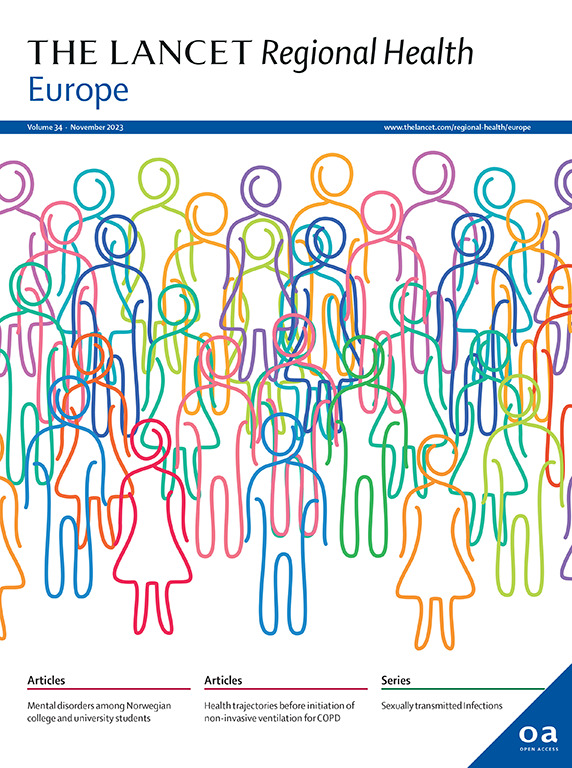The impact of COVID-19 on migrants in Greece: a retrospective analysis of national data
authors:
Abstract
For 56,000 refugees and asylum seekers in Reception and Identification Centres (RICs) and Reception Sites (RS) in Greece, living in severely substandard living conditions, prevention measures have been severely limited. We assessed the impact of COVID-19 on migrants in these settings.
We did a retrospective analysis of policy documents and national surveillance data to identify COVID-19 outbreaks and estimate incidence among migrants residing in these camps (26th Feb - 15th Nov 2020). Incidence proportion (IP) of COVID-19 confirmed cases was calculated for three population groups (migrant populations in RICs, migrant populations in RSs, and the general population in Greece) during three time periods (first wave, second wave, and overall across the 9-month period).
25 outbreaks were identified in migrant reception facilities, with 6 (85.7%) of 7 RICs and 18 (56.3%) of 32 RSs reporting at least one outbreak during the study period. The overall 9-month COVID-19 IP among refugee and asylum seeker populations residing in RSs on the Greek mainland was 1,758 cases per 100,000 population; in RICs the incidence was 2,052 cases per 100,000 population. Compared to the general population the risk of COVID-19 infection among migrants in reception facilities was 2.5 to 3 times higher; the risk of acquiring COVID-19 infection was higher among migrant populations in RSs on the Greek mainland (IP ratio: 2.45; 95% CI: 2.25-2.68) but higher still among migrant populations in RICs in the Greek islands and the land border with Turkey (IP ratio: 2.86; 95% CI: 2.64-3.10), where living conditions are particularly poor.
We identified high levels of COVID-19 transmission among migrants in reception facilities in Greece, with immediate implications for policy and practice to ensure refugee and asylum seeker populations are included in national response plans to reduce transmission, alongside ensuring their inclusion in plans for COVID-19 vaccine roll out.
-
Thousands of migrants in Greece live in severely substandard conditions and largely excluded from the COVID-19 response.
-
We identified high levels of COVID-19 transmission among migrants in reception facilities in Greece, with immediate implications for policy and practice.





